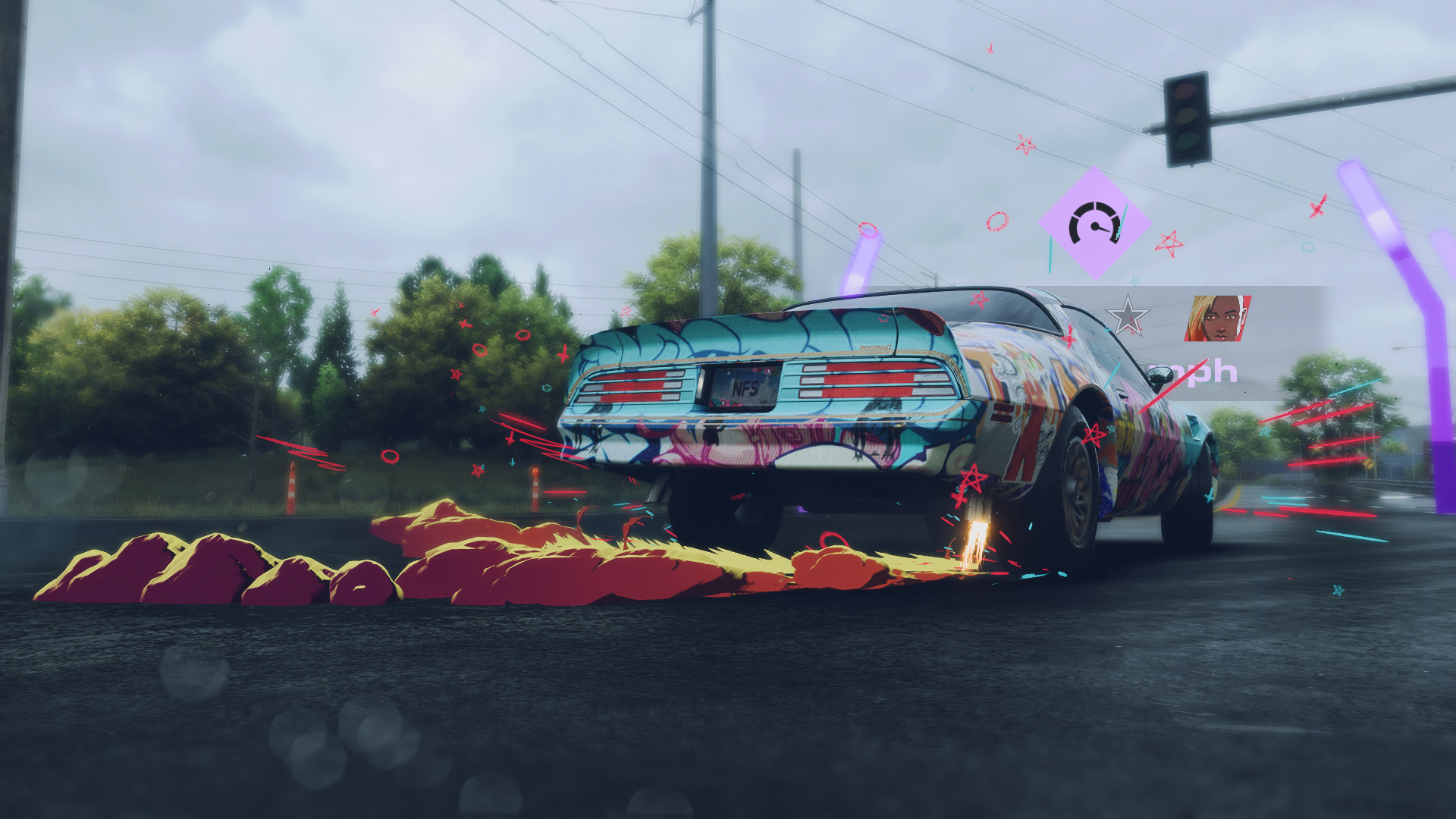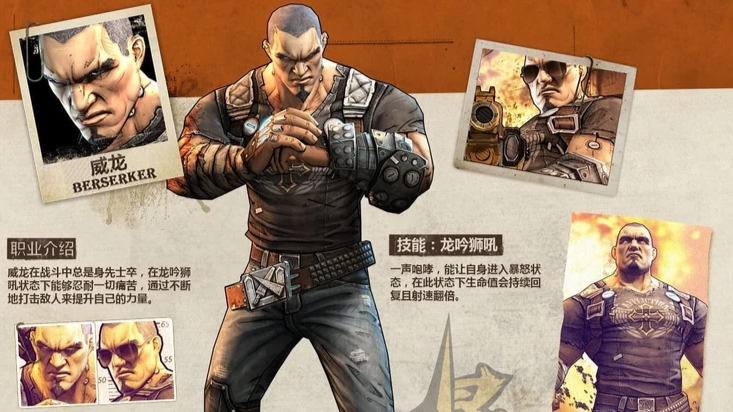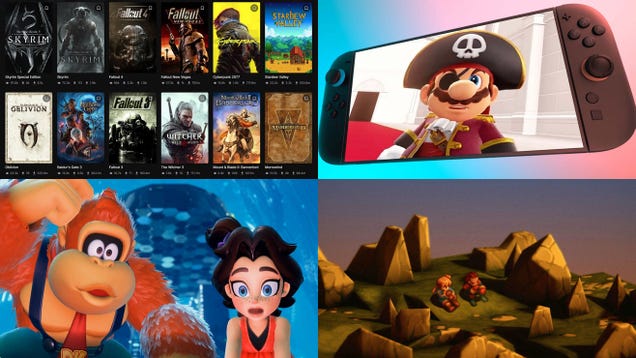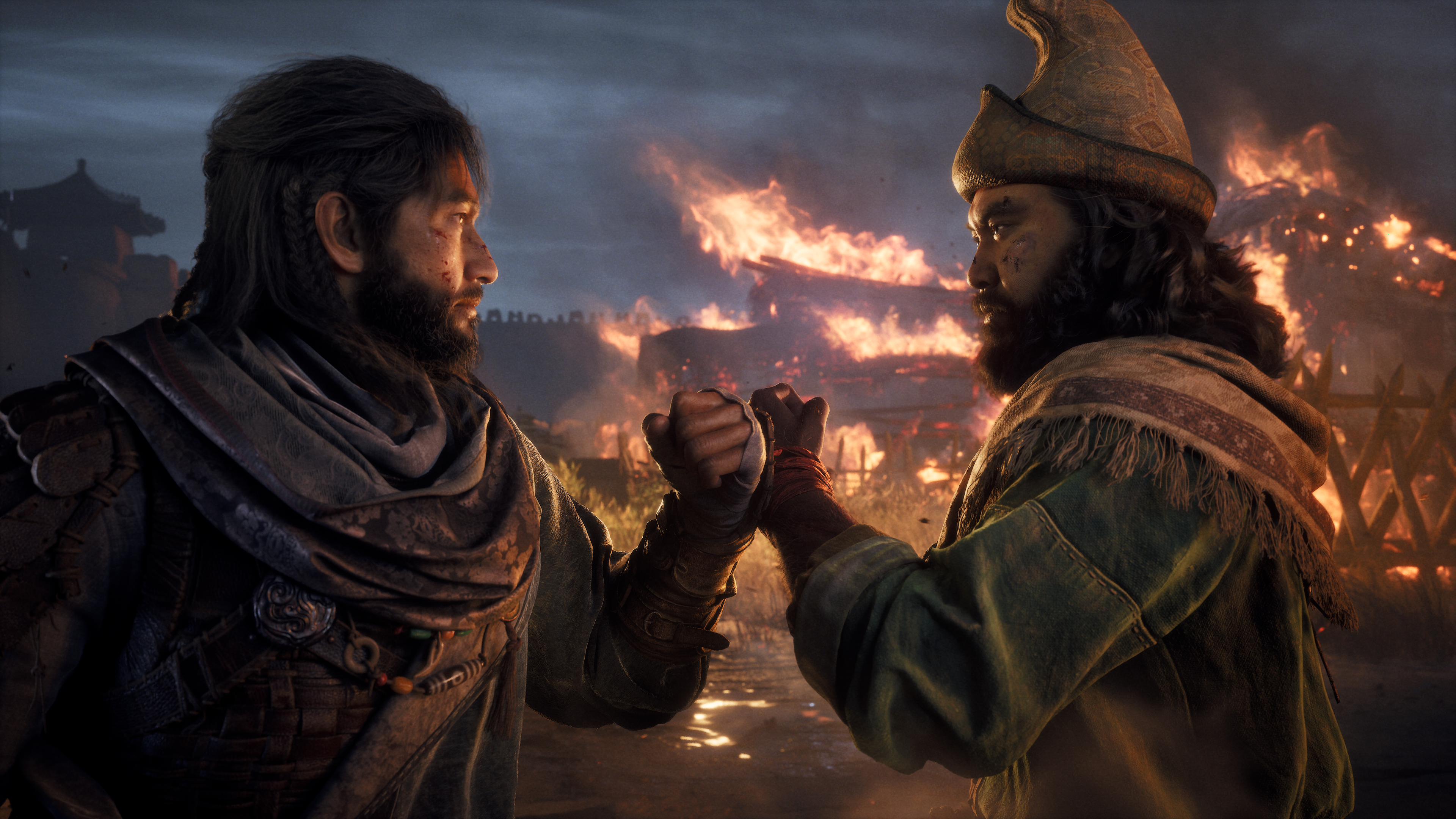
Unbound shows that photoreal racing is overrated.
You’d be forgiven for just now learning that there’s a new Need For Speed coming out. I’d made a habit of forgetting about NFS over the last seven years of disappointing open world racing games, but this year’s Need For Speed Unbound is hard to miss—literally. Unbound’s unusual street art-inspired visuals drew attention when it was announced in October, with some fans hoping that, on release, they’d be able to turn off all those colorful effects.
Well, you can, but after a few hours with Unbound I don’t think you should. The game looks incredible right out of the box, and the funky new art style is a big part of it. Watching my car react to bumps, turns, and speed boosts with comic-booky sparks, skid marks, and smoke trails is quickly becoming my favorite part of the game.
I’ll admit, it was pretty weird at first to see cel-shaded cartoon characters climbing out of photoreal cars, especially in trailers. Videogames looks tend to stay in their lane on the spectrum of artistic to realistic, but Unbound is simultaneously at both extremes. A bold move! My brain immediately rejected this joining of water and oil, but my mood changed once I got behind the wheel. The first thing I realized is that, while screenshots of cars are pretty, Unbound’s look doesn’t really come alive until you see it in motion:
That looks clean. I appreciate the consideration Criterion has taken not to overdo it. The graffiti effects are loud, but they never overpower the action. In fact, the visual effects are almost exclusively reactive to actions taken by the player. Scraping a rival car, drifting through a corner, near-missing a cop in chase—your car responds to these tiny but consequential decisions with expressive lighting bolts or elaborate motion graphics.
The fancy effects clearly aren’t the gimmick I worried they’d be—they’re crucial to how this Need For Speed conveys speed. These are living, breathing cars with active imaginations. I especially love how it looks to punch a full nitrous meter. The entire car is briefly consumed by a silhouette of color, sort of like it’s getting a shock to its nervous system as the nitrous kicks in. Drafting, a fundamental racing technique that’s hard to visualize in a sim like Forza, is vividly represented in Unbound by the bending beams of your brake lights, as if the leading car has captured you in its tractor beam. Crashes are sudden and violent, with the camera detaching from the car and cutting away to a spectator’s angle quick enough to get back in the race with minimal interruption.
(Image credit: Electronic Arts)
Do “sudden and violent” crashes remind you of any other racing series? Because to me, it screams Burnout. You can see Criterion’s footprint all over this thing. I shouldn’t be surprised the studio that once made Burnout Paradise has nailed Unbound’s look and sense of speed. After the Burnout series was tossed into the local junkyard and turned into one of those tiny car cubes, Criterion left its mark on Need For Speed, making some of the prettiest racing games of the previous decade (2010’s Hot Pursuit and 2012’s Most Wanted).
After a long stint with EA Gothenburg, it’s no coincidence that Criterion’s first game back in the saddle is getting good buzz. If Unbound is Criterion’s official reintroduction to the world as a leader in racing games, this eye-grabby art style is certainly doing the job.




